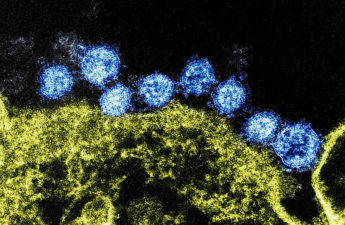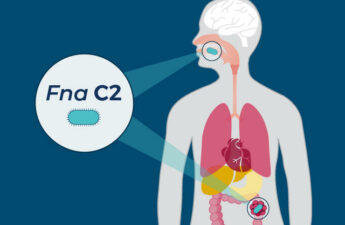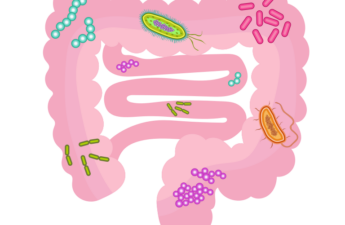Category: Microbiology
How viruses blur the the boundaries of life
Throughout history, scientists have debated the definition of life and researchers from different fields still disagree. This debate shapes scientific understanding and influences public health decisions – for example, defining whether viruses are “alive” affects how we design vaccines and strategies to stop their spread.
Infections after surgery are more likely due to bacteria already on your skin than from microbes in the hospital − UW researchers find
Research comparing bacteria in the microbiome – those colonizing our noses, skin and other areas of the body – with the bacteria that cause pneumonia, diarrhea, bloodstream infections and surgical site infections shows that the bacteria living innocuously on our own bodies when we’re healthy are most often responsible for these bad infections when we’re sick.
Scientists Link a Single Type of Bacteria to Colorectal Cancer
“It sounds scary, but this is good information to have,” said Susan Bullman, Ph.D., of Fred Hutch Cancer Center, who co-led the study. “Microbes are manipulatable—you can target them. So [as] we see that this microbe is getting to tumors and may be contributing actively to disease progression, we can harness that information and think about how to prevent that.”
Your body already has a built-in weight loss system that works like Wegovy, Ozempic and Mounjaro – food and your gut microbiome
Specialized bacteria in your lower gut take the components of food you can’t digest like fiber and polyphenols – the elements of plants that are removed in many processed foods – and transforms them into molecules that stimulate hormones to control your appetite and metabolism.



